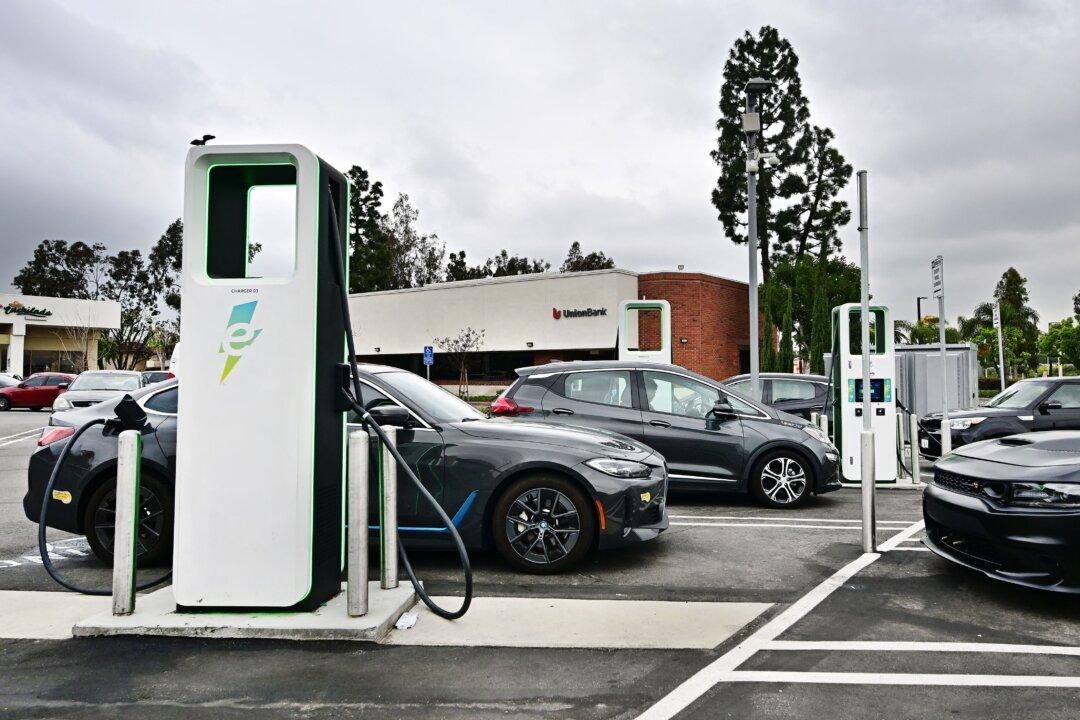The Environmental Protection Agency (EPA) granted two requests from California on Dec. 18 to ban the sales of new gasoline-powered cars in the state by 2035 in a move to enforce stricter vehicle emission standards.
The EPA’s legal waivers allow California and more than a dozen other states that follow its vehicle emission standards to set stricter rules than those adopted earlier this year by the federal government, which did not require the sale of electric vehicles (EV).





